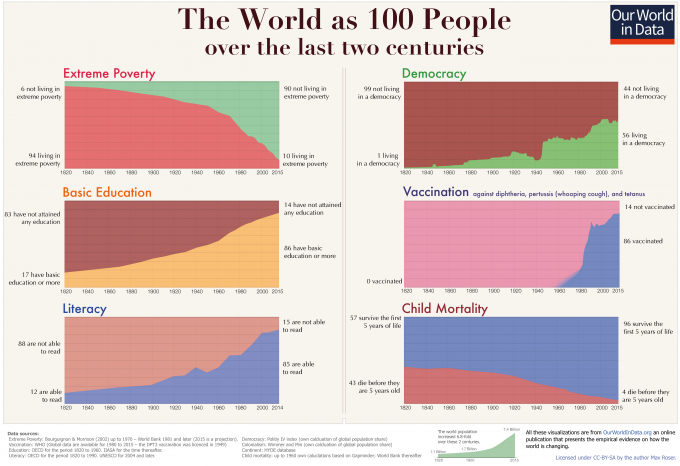Data for inclusive business
The data revolution is here. But what does it mean for inclusive business? Will it bring an end to the uncertainty of business in base of pyramid markets? Can data straddle the development-business divide? Will the data drive spurred by the Sustainable Development Goals be useful to inclusive business? Will data gathered by business be shared and create impact?
This month, we hear from development practitioners, data experts and businesses about these and other questions.

Data, data everywhere, but what does it mean for inclusive business? Our Editor in Chief Caroline Ashley introduces this series in her overview blog, outlining the key trends in access to data and its usability for businesses operating at the base of the pyramid (BoP). Read more.
Understanding the BoP market
- In Kenya, BoP households account for 1 in 5 of every dollar spent, and almost a quarter of this is spent on food and beverage. The global BoP segment is set to shrink from 40% to 16% of households by 2030. In Nigeria, the BoP segment spends over 70% of income on food and beverage, and will account for almost a quarter of Nigerian households by 2030. These and other highlights on the shape and spending of BoP consumers are shared by Euromonitor International, based on their interrogation of multiple data sources, combined with modelling and forecasting. Read more.
- 170,000 or 700,000? Which figure best represents the population size of the slum Kibera in Nairobi? Without data, how can these households be understood in terms of their needs and market power? Endeva’s Christina Tewes-Gradl explores the huge potential of the data revolution to unleash investment at the BoP. Read more.
Businesses providing data solutions
- Big data on smallholder farming is already emerging in high-value sectors. The potential across smallholders is huge, with possible gains for businesses and farmers alike. BoP expert Karen Smith outlines those gains and how a new business, Smallholdr, provides a new data-based system for supply chain management and upgrading. Read more.
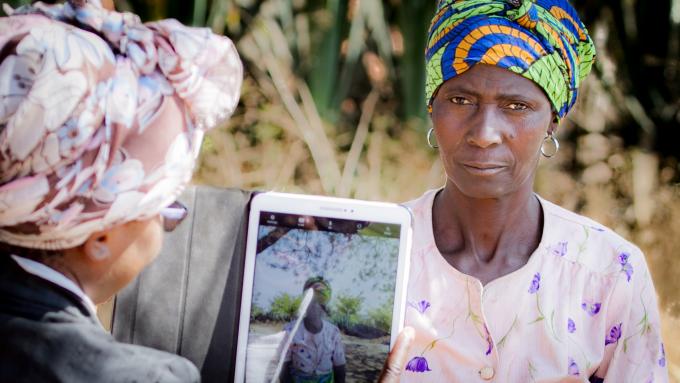
- At Endeva’s Inclusive Innovation Factory ii2030, pioneers from the agriculture sector discussed how technology can provide solutions for precision agriculture. Building on the model of e-Kutir, Christina Tewes-Gradl presents innovative ideas on how smallholders can access data and business opportunites. Read more.
- Wild fish catch from Lake Victoria has dropped significantly to half of what it was. A mobile-based survey confirms the slump. TTC explains this mobile tool, and how it has helped a public private partnership invest in aquaculture. Read more.
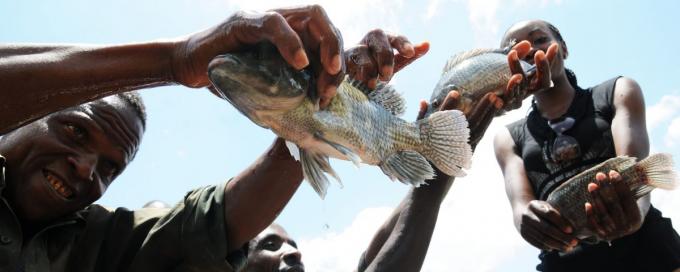
Sector-specific data initiatives and partnerships
- Data and collaboration provide new opportunities for action and impact. This is as true for business as for others. Claire Melamed, leading Global Partnership for Sustainable Development Data, outlines the data revolution in development with examples of how companies are tuning in. Read more.
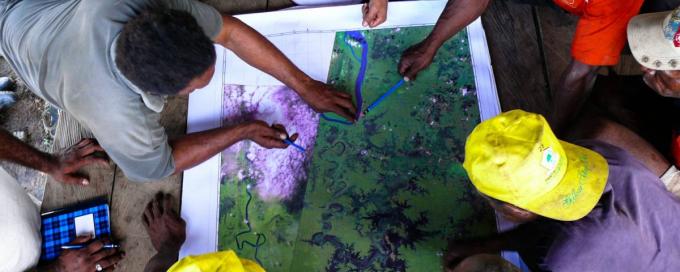
- Data on food fortification saves lives argues the Global Alliance for Improved Nutrition (GAIN). Investing in food fortification has a return on investment of 30:1, saves lives, and prevents long-term sickness. Yet, under-investment prevails. Good data won't build political will overnight but is a step towards better planning and investment. GAIN’s Global Fortification Data Exchange (GFDx) was launched to do just that. Read more.
- In Pakistan, water managers are using data from NASA gravity satellites to track groundwater resources. In Kenya, space observations and climate models are being used to update hazard maps to help counties better prepare for extreme weather events. An app is under development to enable farmers to access data they need from satellites, such as frost warnings. Ellen Stofan, former Chief Scientist of NASA, explains how huge reams of data from space are being tapped to help governments, business and citizens to manage resources in the face of climate change. Read more.
- Lack of data about household energy use and poverty levels is holding back necessary investment and planning decisions in the renewable energy sector. Dimitrios Mentis and Sanjoy Sanyal share how geospatial information system (GIS) datasets and visualised maps are being used to close this gap. Read more.
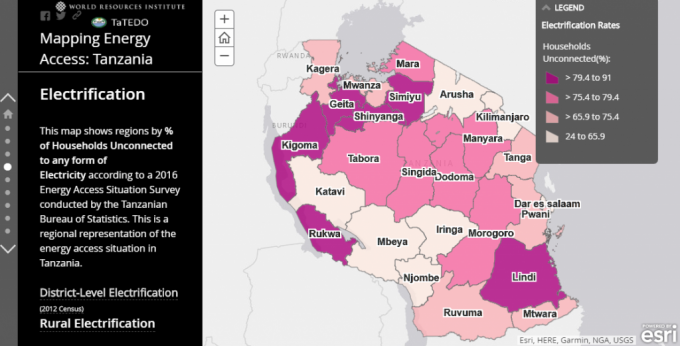
- Looking for useful data? These are our suggestions on open data sources, toolkits and an introduction on how to apply big data to help you dive into the data that is out there. Read more.
Going beyond ´just´ generating data
- Mere access to data will not lead to a better world warns Andreas Pawelke from the World Wide Web Foundation. Too much data is accessible to only a few people. So instead of investing in ever-bigger data, investment is needed in new legal frameworks, local data capacities, and requirements to share data. Read more.
- Making data collection less of a burden and more of an opportunity for its investees is a key objective of the Department for International Development (DFID) Impact Programme. Here, they share the first case study in their Deep Dive series that shows how gathering customer-centric data enabled a Ghanaian animal feed business to understand their value to BoP consumers and scale their business. Read more.
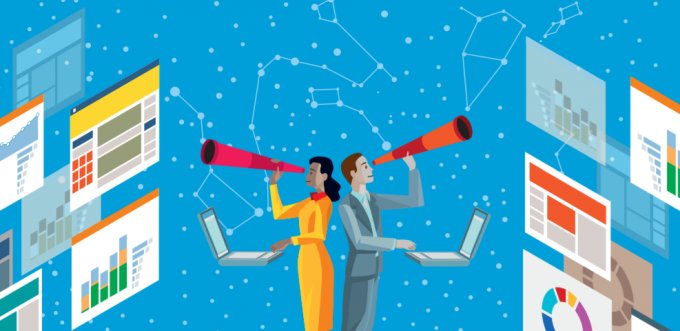
- With the My World Survey 2015, the United Nations started an ambitious attempt to get data from 10 million people to define their priority actions. In an interview, Gayan Peiris, Digital Strategist of the United Nations Sustainable Development Goals Action Campaign stresses the importance of using global data sources wisely to identify the needs of local communities and showcase ‘real’ progress made. One way to achieve this goal is to find the ‘hidden stories’ in the data. Read more.
- Dr Consulta is a Brazilian business rapidly expanding its chain of clinics. The company is focussed on keeping costs low so that their prices are 20% of typical private competitors. So why are they investing time and effort in customer feedback, from daily SMS, to annual surveys, to ‘customer safaris' service testing? Product manager Jorge Tung tells us why they invest in customer feedback, how they do it efficiently, and how valuable it is to them. Read more.
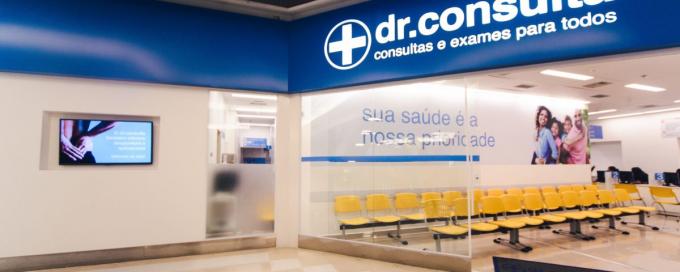
Editor´s Choice
This month, Caroline Ashley did not pick a typical publication as the Editor’s Choice, but a website that is all about data. Find out what it makes Our World in Data so special and unique that you should not miss it. Read more.
